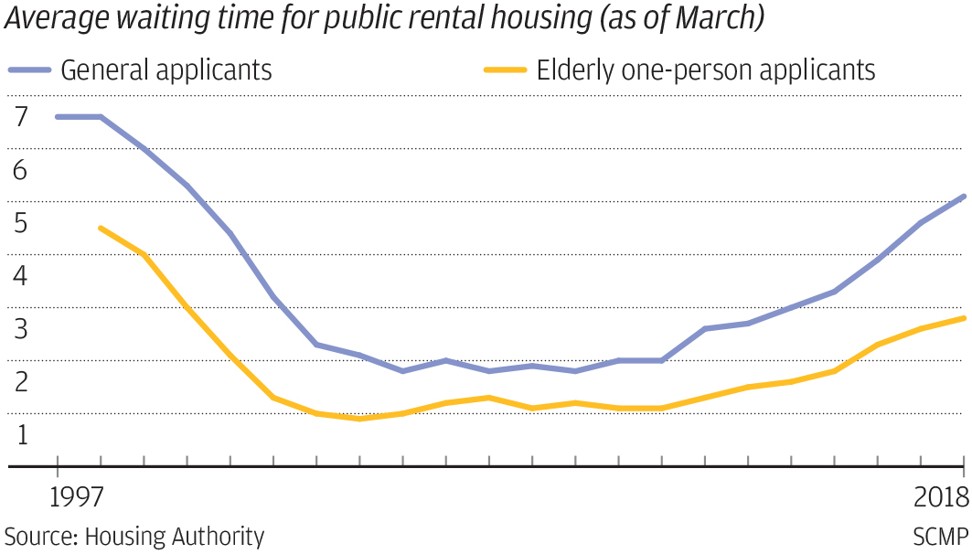
For now, there’s no shame in Hong Kong being a ‘city of public housing’
Albert Cheng says public housing should be built on a large scale, though the failure of Chief Executive Carrie Lam’s six measures to cool Hong Kong’s housing market highlights the need for the government to follow Singapore in delinking public housing prices from the private market
This disagreement on housing policy between two key members of the government’s circle is worrying. It reveals that Lam has failed to guide her team into a consensus and that she is not determined to solve the city’s housing problem.
It is not the government’s responsibility to help Hongkongers buy houses. However, the government should guarantee that people are properly sheltered. The only solution is to speed up the building of public housing as well as to expand its scale. To keep the private housing market stable, it should be segregated from the public housing sector.
Watch: Why land in Hong Kong is so expensive
Negatives aside, Carrie Lam’s proposal to partially delink the price of subsidised flats from the market price is a good start. However, if the price of subsidised flats is to be set with reference to the private market, housing prices as a whole will continue to rise.
The government should delink subsidised housing from market prices and set the rate according to construction costs
The government should completely delink subsidised housing from market prices and set the rate according to construction and operating costs. If not, Lam will be making the same mistake as her predecessor, which is to increase the demand for subsidised housing while failing to expand supply.
The government should build public housing on a large scale. A rent-to-buy scheme should also be adopted, which all permanent residents should be eligible for. The government can build public housing of different sizes and layouts, such as duplex flats. However, the resale of such properties should be restricted. Some of the proposed conditions are the occupancy span and that these flats can only be sold to permanent residents.
If the government is looking for a way to sustain the free market as well as to make sure people are well sheltered, the Singaporean way is the only way out.
Albert Cheng King-hon is a political commentator. [email protected]


